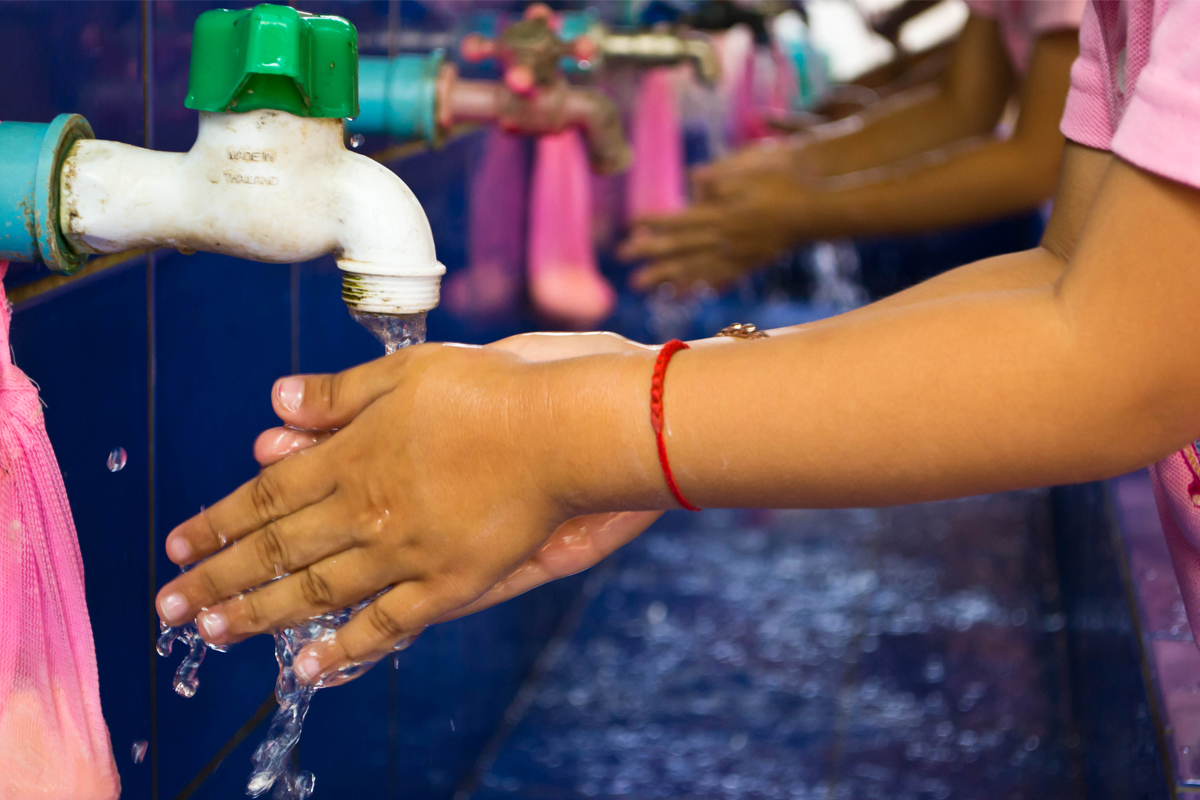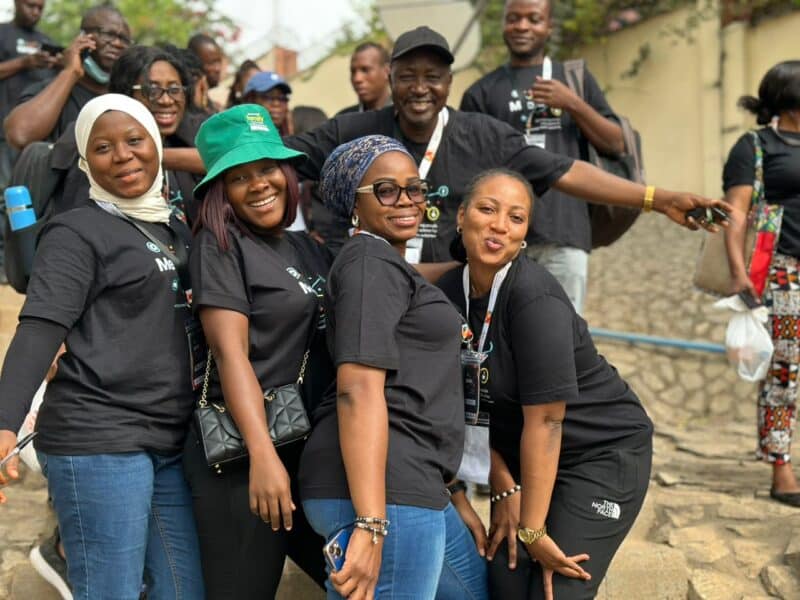The Johns Hopkins Center for Communication Programs has created a one-stop shop for the latest social and behavior change communication resources available on the novel coronavirus COVID-19, which has been spreading across the globe since December.
A new “trending topic” on the Breakthrough ACTION-funded Compass website, which curates SBCC tools on a wide variety of topics, includes a comprehensive collection of information that can be used to provide communities with timely and actionable health information, so that people know how to protect themselves and stay healthy.
It also includes links to the latest research and guidance from WHO and the U.S. Centers for Disease Control and Prevention, and addresses dealing with misinformation and rumors, avoiding stigma and helpful advice for preparing for and responding to outbreaks in countries, even in places where it has yet to be reported.
“Every day there are more and more stories in the news about COVID-19,” says CCP’s Susan Leibtag, the curator of Compass. “With this trending topic, we wanted to cut through some of the noise and offer practical and up-to-date information to enable SBCC professionals to do the best job they can do under ever-changing circumstances.”
The COVID-19 webpage will be continually updated with new resources.
COVID-19 was first identified in December in Wuhan city in China’s Hubei province. Since then, more than 94,000 cases have been confirmed worldwide and more than 3,200 people have died. The disease, marked by a fever, cough, and difficulty breathing, is believed to be transmitted from person-to-person through respiratory droplets produced when an infected person coughs or sneezes. There are still many unknowns related to the virus.
“While development of a vaccine may be months in the making, there are immediate steps everyone can take to help prevent infection,” says CCP’s Kathryn Bertram, a senior program officer.
The most recent advice from WHO and the CDC includes promotion of improved hygiene practices, especially in countries where outbreaks have occurred; ensuring public availability of the most current and accurate information; active correction of misinformation; and elimination of stigma. These are all topics that SBCC professionals are well positioned to address.
SBCC interventions can facilitate and promote effective actions people can take to stay safe and mitigate widespread transmission. This includes social distancing practices, safe and effective home-based care of people sick with COVID-19, care-seeking if symptoms occur, and hygiene techniques like hand-washing and personal and environmental cleanliness. In many scenarios, this may involve significant behavior change and alteration of social norms. In addition, SBCC efforts can address the correction of misinformation circulating in communities, and the reduction of stigma directed at those who have contracted the virus and other vulnerable populations.





